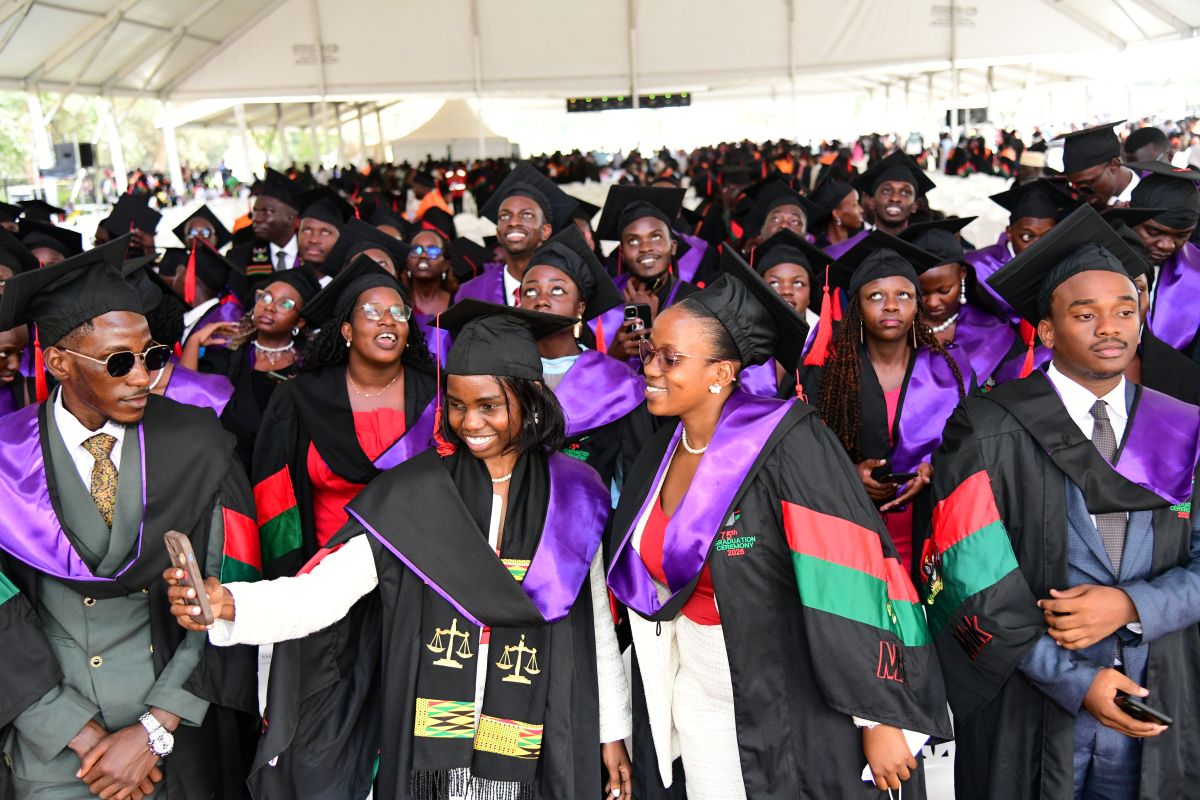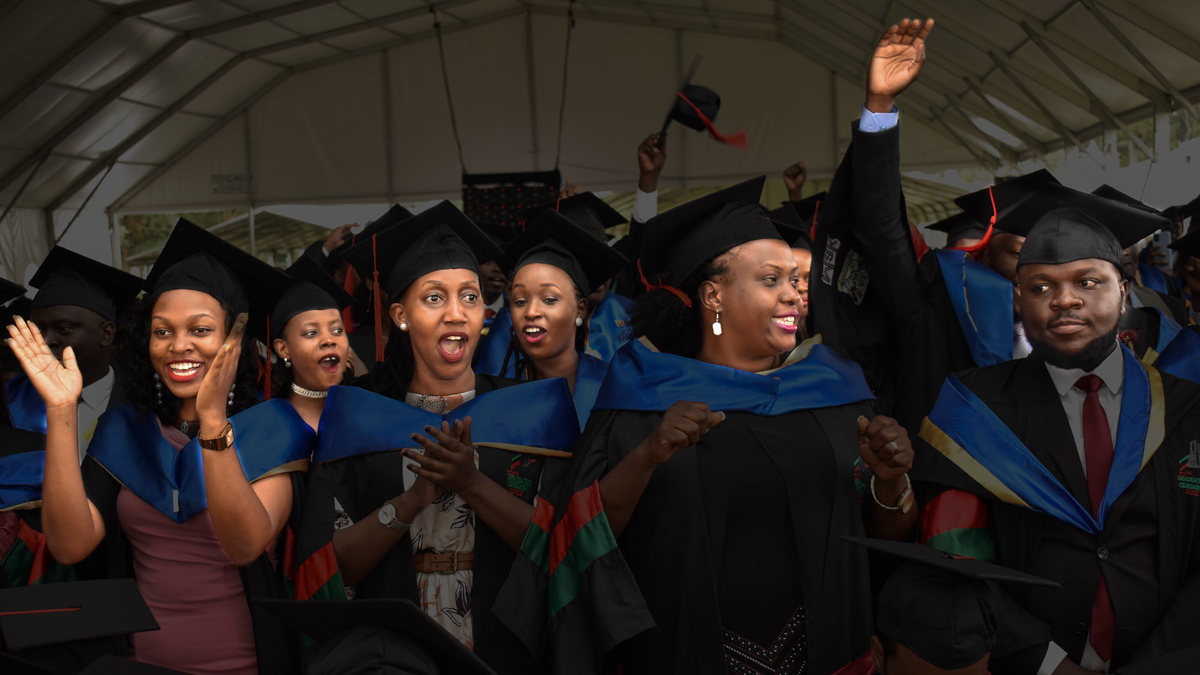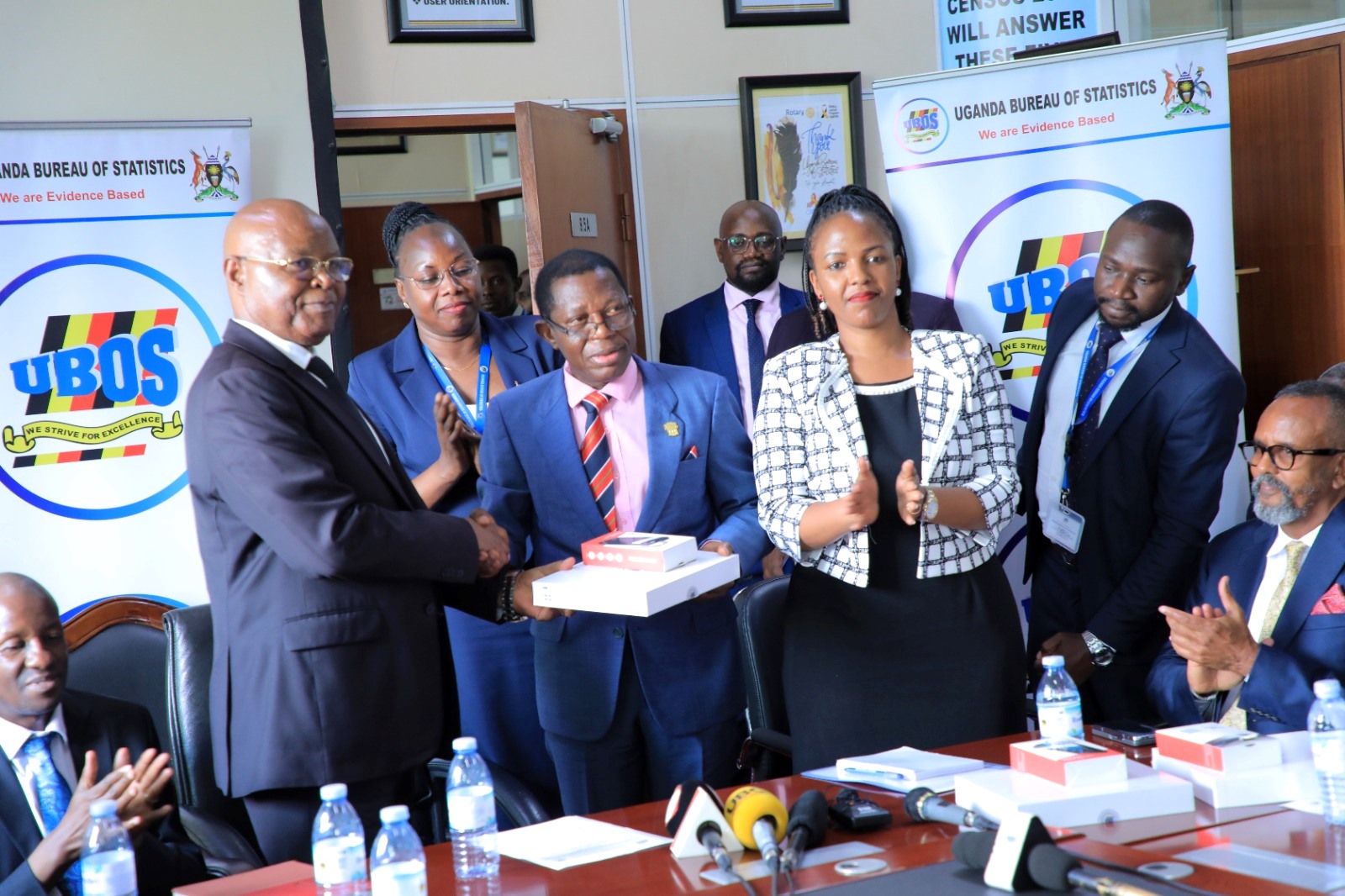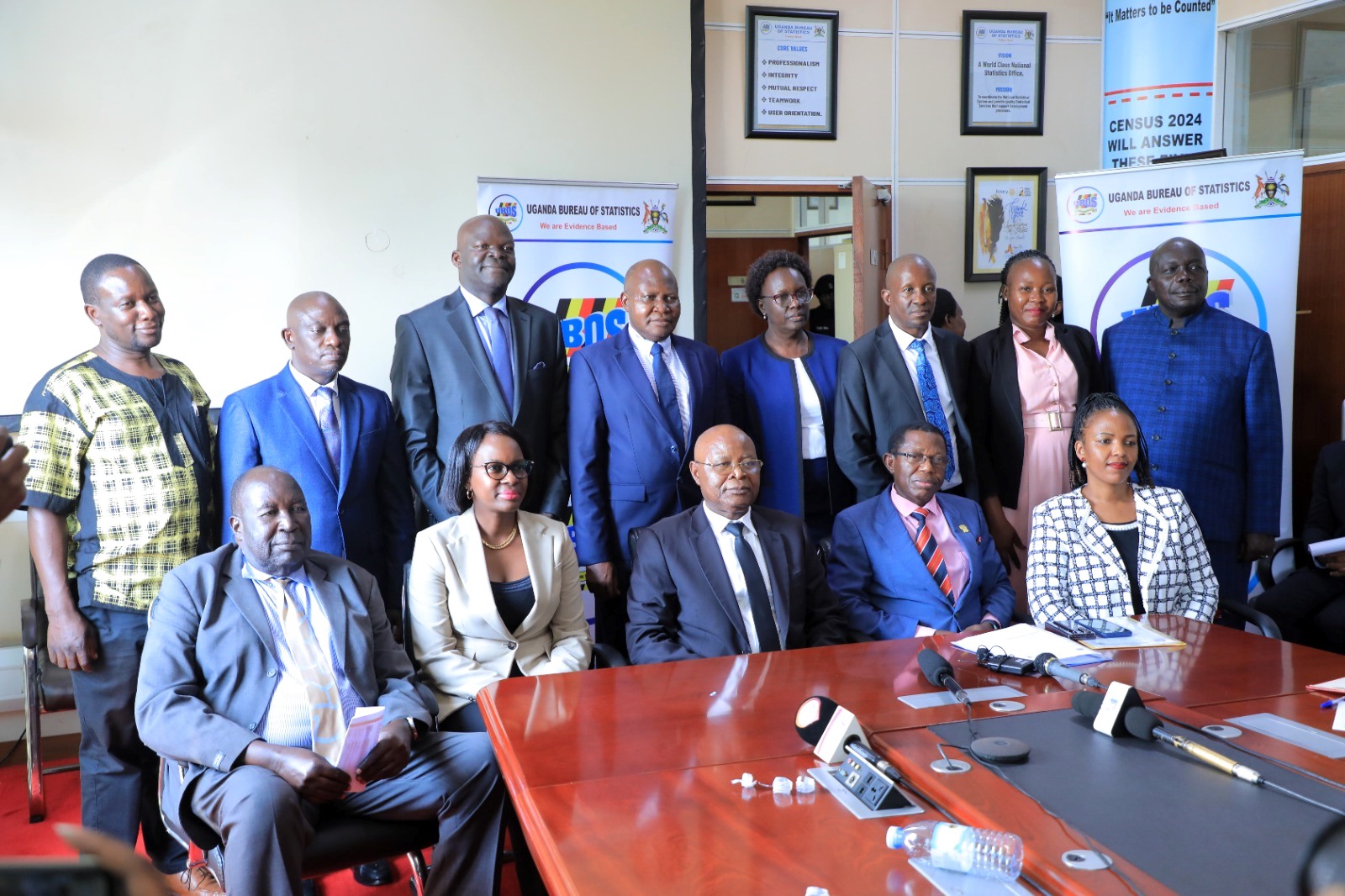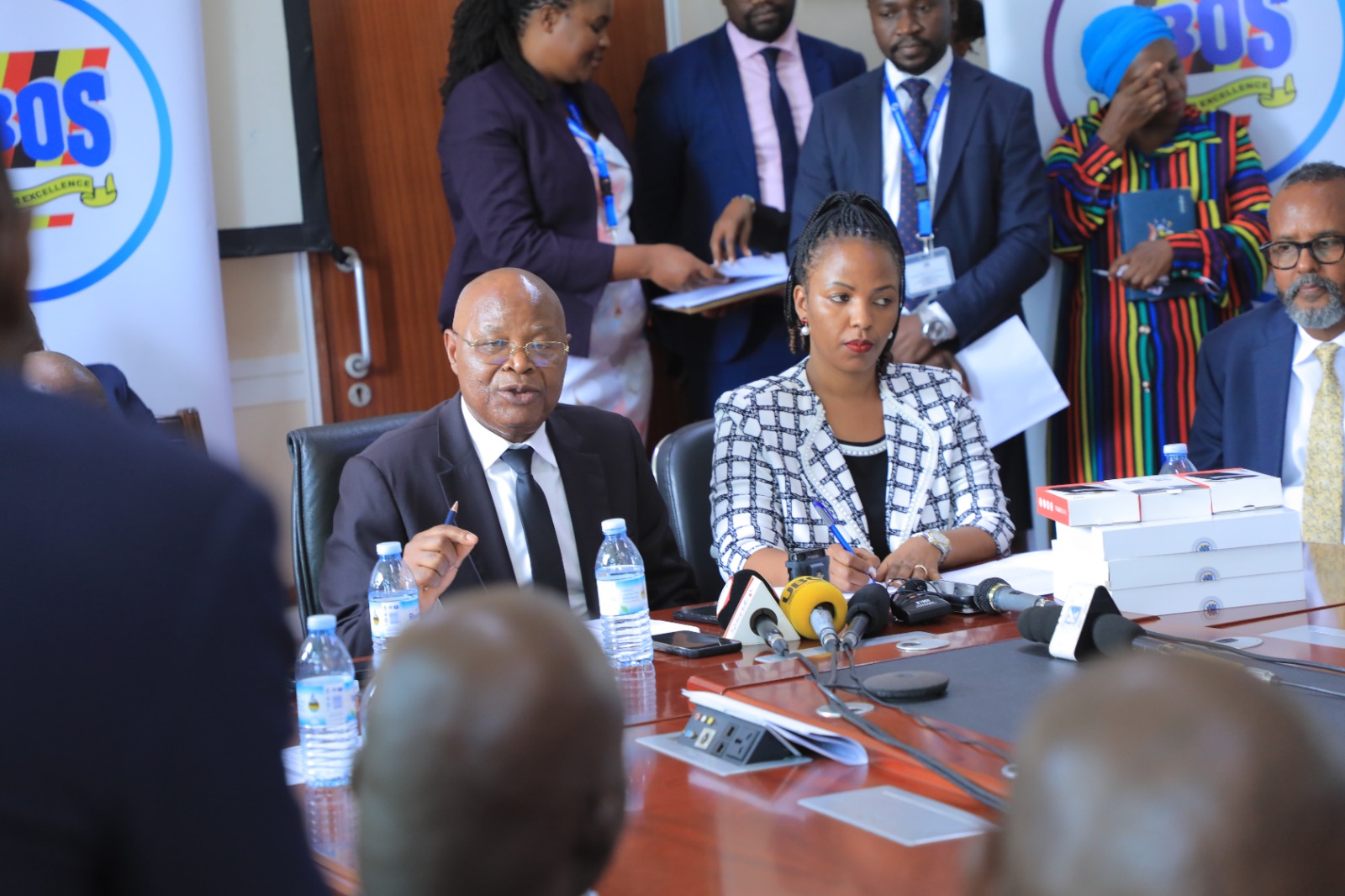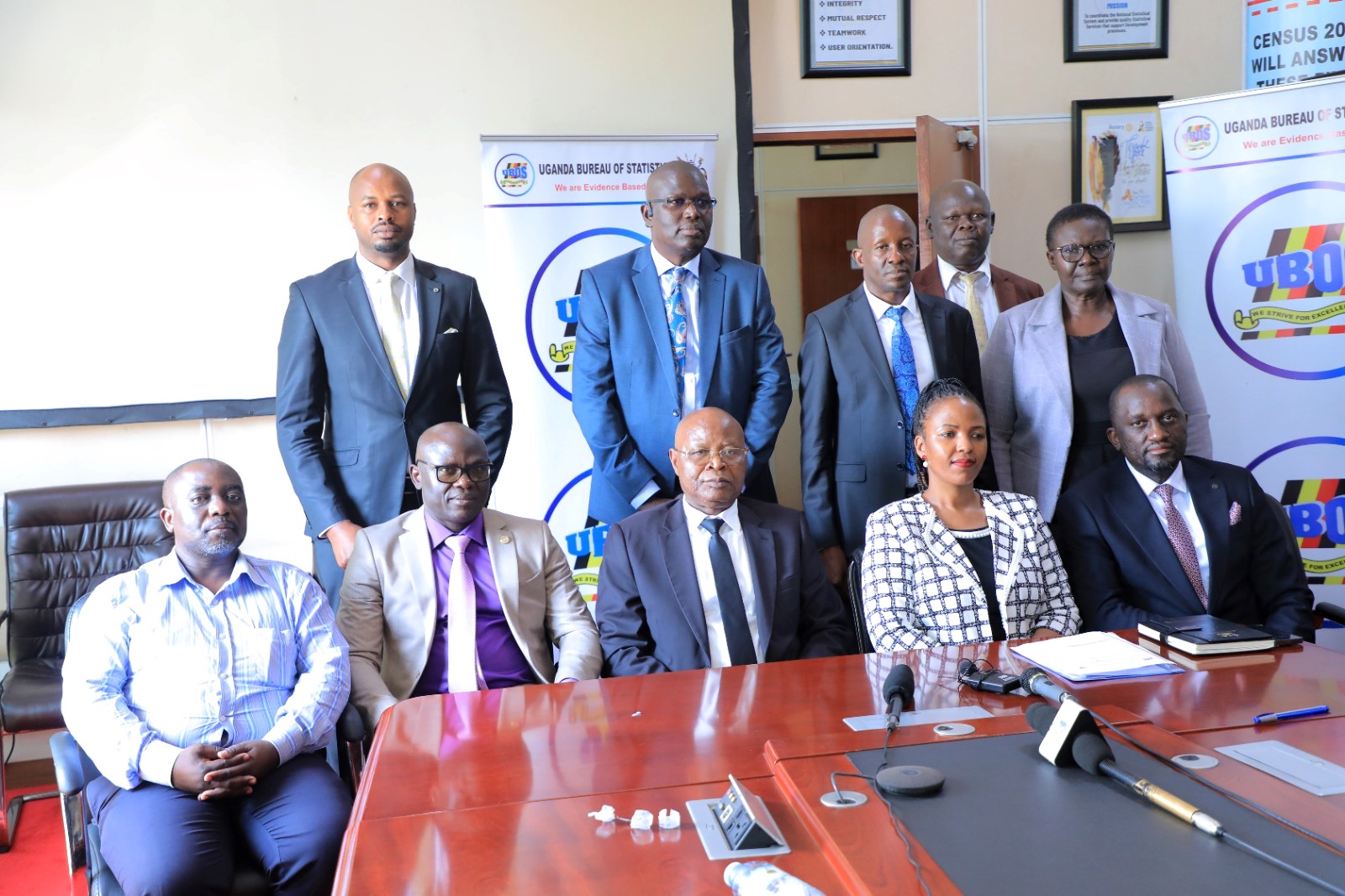The sounds of traditional Kenyan music playing over the loud chatter greeted you as you approached the venue. It is only when one rounded the corner that you’d indeed fully begin to conceive the source of all this animation.
The sounds of traditional Kenyan music playing over the loud chatter greeted you as you approached the venue. It is only when one rounded the corner that you’d indeed fully begin to conceive the source of all this animation.
The Livingstone hall quadrangle was lined at the upper edges with curious onlookers and at the lower terraces with an array of colors, flags, costumes, let alone the traditional artifacts and food that indeed heralded one to what was going to be a very colorful day.
The first-ever International Students’ Cultural day, held on the “superstitious” Friday the 13th November 2009 got off to a cloudy start with rain clouds looming ominously overhead and would have left the doubters teetering with anticipation of a rain soaked event, but this wasn’t to be as activities soon kicked off in earnest. First were the National Anthems from Kenya, Tanzania, Rwanda, Sudan, Congo, the host nation Uganda and finally the Makerere Anthem.
 Dignitaries from the representative countries then made their entrance with Mr. John U. Nzuve, Second Counselor Kenya High Commission leading the way. He was shortly followed by Ms. Anisa Mbega, Administrator Tanzania High Commission , Madame Okoto, representing her husband Ambassador Charles Okoto, Head of Mission, Congo Embassy . They were later joined by a representative from Government of South Sudan . On hand to welcome them were Prof. Venansius Baryamureeba , Ag. Vice Chancellor, Makerere University, Mr. John Ekudu, Dean of Students, Dr. Idris Rai, Dean Academic Affairs, Faculty of Computing & IT and student leaders.
Dignitaries from the representative countries then made their entrance with Mr. John U. Nzuve, Second Counselor Kenya High Commission leading the way. He was shortly followed by Ms. Anisa Mbega, Administrator Tanzania High Commission , Madame Okoto, representing her husband Ambassador Charles Okoto, Head of Mission, Congo Embassy . They were later joined by a representative from Government of South Sudan . On hand to welcome them were Prof. Venansius Baryamureeba , Ag. Vice Chancellor, Makerere University, Mr. John Ekudu, Dean of Students, Dr. Idris Rai, Dean Academic Affairs, Faculty of Computing & IT and student leaders.

The emcees of the day then announced the first item of the afternoon, a fashion show, where students from Rwanda set the pace with their flowing attires dominated by black, white and brown colors, followed by the Masai, with their predominantly red checkered attires for the men, with the women donning a more conservative maroon or purple topped off with decorative bead headgear for the women and shiny ornaments for the men.
They were shortly followed by the Congolese, with distinct print fabric, facial masks and other traditional fabric. The coastal tribes from Kenya then took to stage, with their long print dresses, head and body wraps meant to observe their mainly Moslem dress code. An elder from the Luo tribe then made his grand entrance, complete with a walking stick and fly whisk for good measure.
 The graceful Tanzanian tribes were unmistakable with their calm demeanor, long tunics and wraps and the occasional headgear for the women. The Kamba and Luhya tribes followed suite before the Kalenjin made their elaborate entrance, complete with bow and arrows, spears and shields, and both traditional and modern day wear. The descendants of Gikuyu then brought up the rear, with their flowing wraps for both the men and women.
The graceful Tanzanian tribes were unmistakable with their calm demeanor, long tunics and wraps and the occasional headgear for the women. The Kamba and Luhya tribes followed suite before the Kalenjin made their elaborate entrance, complete with bow and arrows, spears and shields, and both traditional and modern day wear. The descendants of Gikuyu then brought up the rear, with their flowing wraps for both the men and women.
With all the traditional fashion paraded for the day, it was time for a musical interlude, and the Congolese students were only too happy to extend the courtesy. To the rhythmic overtones of the electric guitar that characterize lingala music, the students effortlessly demonstrated why this music and dance continues to dominate Central Africa and spillover into East Africa.
The Dean of Students then welcomed all the dignitaries present and thanked them for honoring the invitations. He lauded the organizers of the cultural day for their innovation, which would not only give a chance to the internationals to exhibit their various cultures but also offer a platform for the host institution to  appreciate the diversity of cultures therein. He then welcomed the Guest of Honor to make his remarks.
appreciate the diversity of cultures therein. He then welcomed the Guest of Honor to make his remarks.
Prof. Baryamureeba thanked the organizers and participants for their invitation and expressed how honored he felt to be officiating over such a colorful function. He recognized the importance of hosting such days as Makerere played and continues to play a key role as the regional hub of intellectual pursuit for East and Central Africa. Citing the Kenya’s current Head of State President Mwai Kibaki and former Tanzanian President H.E. Dr.(h.c.) Benjamin Mkapa; who was recently awarded an Honorary Doctorate by the University he reiterated Makerere’s motto and indeed vision “We build for the future”
 The dances then continued in earnest with the Luo of Kenya taking to the stage first. Accompanied by an overzealous trumpet blower, this dance was characterized by passionate gyration and singing. They were shortly followed by the Tanzanian community backed up by eager drummers. The initial calm demeanor during the fashion show quickly gave way to an enthusiastic ensemble commandeered by an even more enthusiastic fellow, who left the audience wowed with his agility despite his size.
The dances then continued in earnest with the Luo of Kenya taking to the stage first. Accompanied by an overzealous trumpet blower, this dance was characterized by passionate gyration and singing. They were shortly followed by the Tanzanian community backed up by eager drummers. The initial calm demeanor during the fashion show quickly gave way to an enthusiastic ensemble commandeered by an even more enthusiastic fellow, who left the audience wowed with his agility despite his size.
 The guests then moved on to view the exhibitions of traditional artifacts, brews, dishes and medicine, receiving samples from the Luo, Kikuyu, roasted meat from the Luhya, viewing coconut oil extraction tools from the Pwani Kenyan Coastal tribe, medicinal exhibits of the Kamba and a variety of food from the Bakusu of Kenya.
The guests then moved on to view the exhibitions of traditional artifacts, brews, dishes and medicine, receiving samples from the Luo, Kikuyu, roasted meat from the Luhya, viewing coconut oil extraction tools from the Pwani Kenyan Coastal tribe, medicinal exhibits of the Kamba and a variety of food from the Bakusu of Kenya.
The delegation then moved over to the Rwandan display where they viewed traditional artifacts such as baskets, gourds and traditional methods of churning butter and ghee. Thereafter they proceeded to the Congolese exhibition, where food and wooden artifacts were on display.

The last of exhibitions was the Tanzanian food display, where on the insistence of the exhibitors, the delegation sampled some of the culinary delights, while once again being entertained by the exuberant Congolese students.
 A graceful entrance of Rwandan belles accompanied by rhythmic clapping, singing and drumming ushered in the Rwandan performance, complete with mock spears and shields, and elaborate headgear that accentuated the energetic stomping by the male dancers.
A graceful entrance of Rwandan belles accompanied by rhythmic clapping, singing and drumming ushered in the Rwandan performance, complete with mock spears and shields, and elaborate headgear that accentuated the energetic stomping by the male dancers.
Quick to follow suit were the Luhya of Kenya with an elaborate dance complete with colorful costumes, which transcended into a circumcision dance and mock ritual performance. The Abagusi of Kenya then took to the stage, followed by the the loud singing but graceful dancing Kikuyu. The ritual preceded Kamba dance left the crowd chucking, followed by the humming and leaping Masai, who were eventually followed by the warlike Kalenjin dance, accompanied by the traditional arsenal.
All these colorful and energetic performances indeed paid tribute to the organizers of the inaugural International Students’ Cultural day and justified the notching of this event as a major item on the University Calendar. We can’t wait for next year.

 General4 days ago
General4 days ago
 General1 week ago
General1 week ago
 General1 week ago
General1 week ago
 General1 week ago
General1 week ago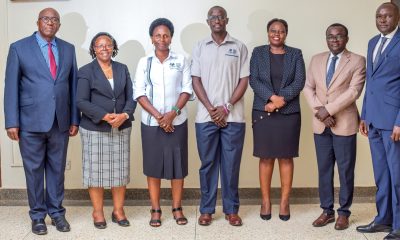
 General2 weeks ago
General2 weeks ago
